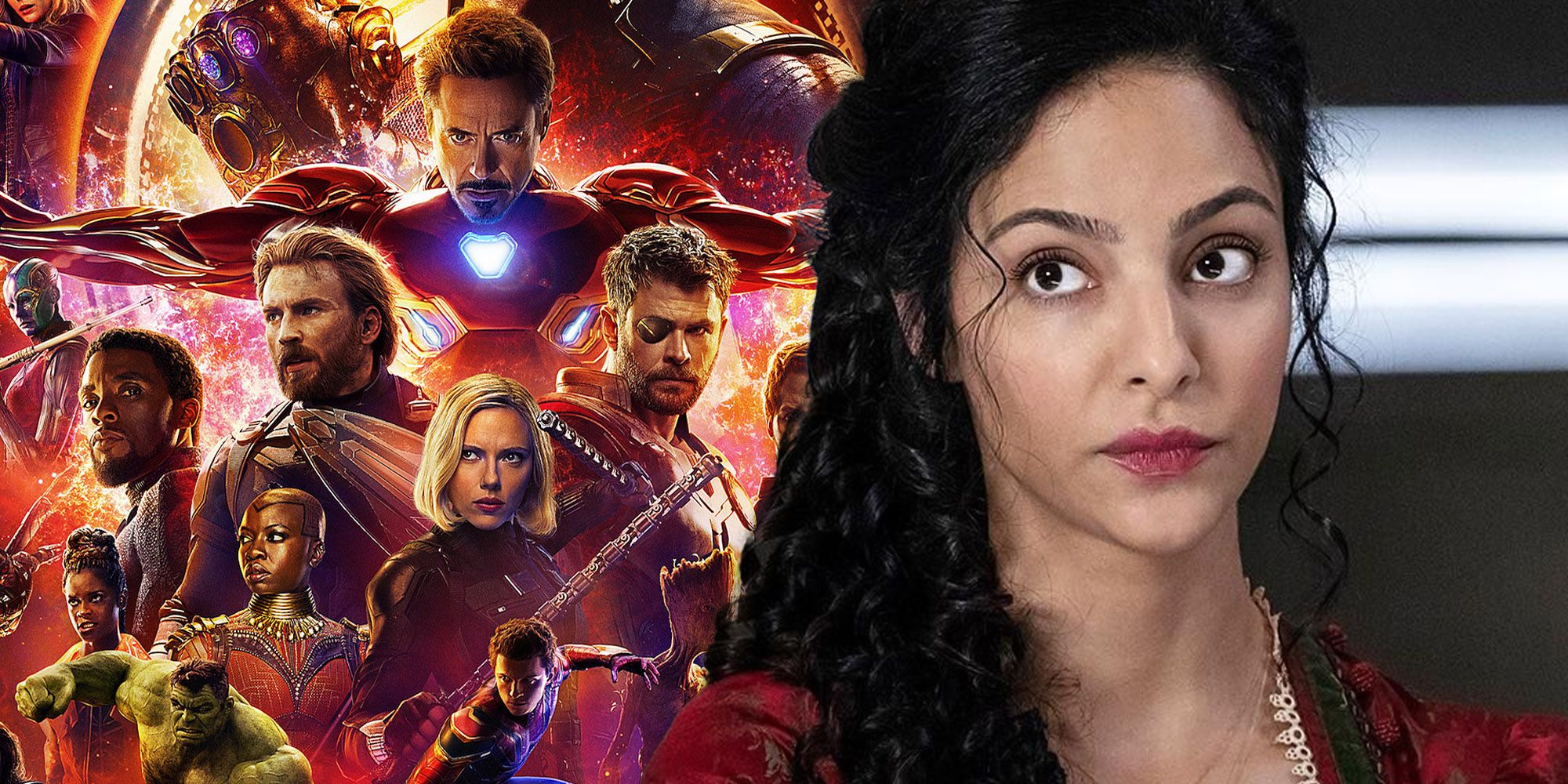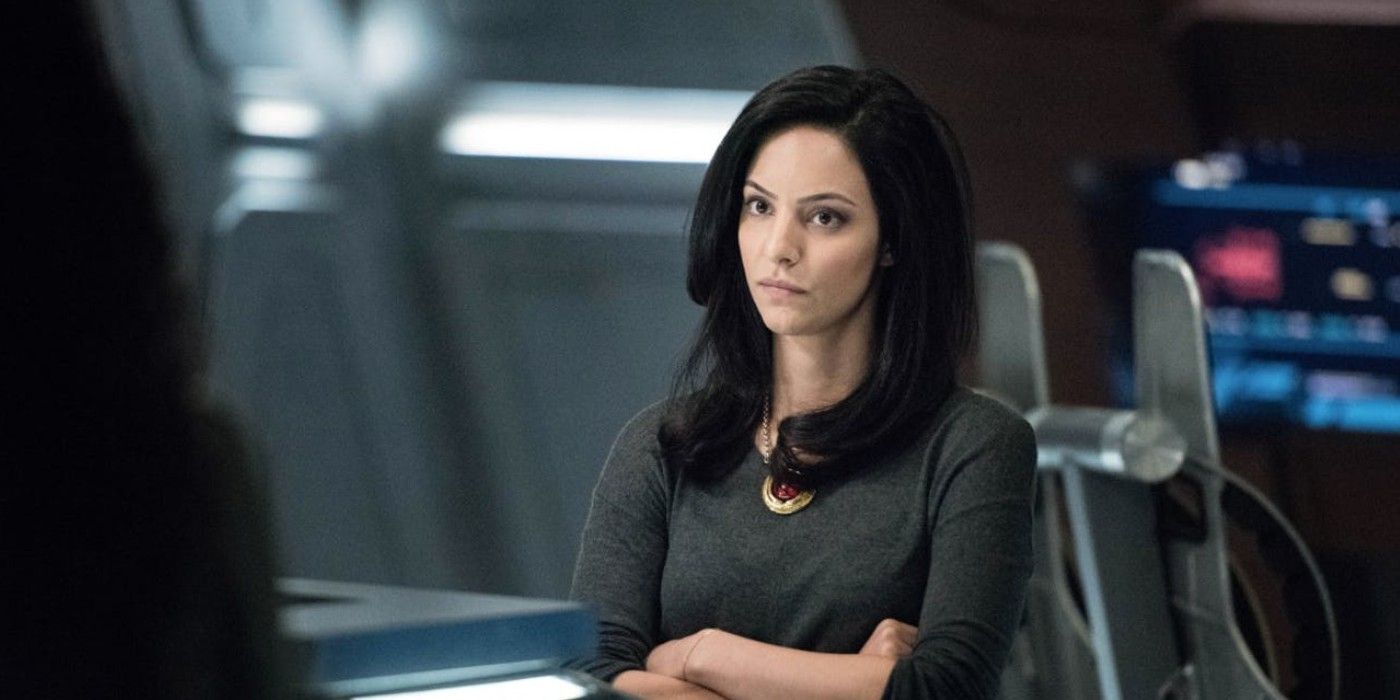Legends of Tomorrow’s Zari is a “first” the Marvel Cinematic Universe should learn from. Zari (Tala Ashe) was first introduced in season 3 of Legends of Tomorrow and has been a staple of the Arrowverse series ever since. Zari isn’t tokenized, with the series hiring Ubah Mohamed, who is Muslim, to ensure that Zari’s story and religion wouldn’t be mishandled. The MCU still has a long way to go with regards to onscreen representation, with previous attempts at diversifying their superhero slate ultimately not living up to expectation. However, Marvel can look to Zari’s writing and characterization with regards to how to handle characters of color moving forward.
Originally hailing from a very grim future that saw her parents persecuted and ultimately killed because they were Muslim, Zari joins the Legends on their time traveling adventures at the beginning of Legends of Tomorrow season 3. In an alternate timeline, the original Zari is replaced by a version who grew up with her family in season 5. It's kind of complicated, but it works. As an Iranian-American, Zari is the first Middle Eastern superhero on television and in DC Comics’ live-action slate.
She is sarcastic, speaks her mind, and loves eating donuts. She has a little trouble letting people in at first, but is fiercely loyal to her closest friends and family, going above and beyond to help them in any way that she can. What’s more, Legends of Tomorrow doesn’t forget her ethnicity and religion: Zari is seen observing Ramadan, a holy month of fasting for Muslims, and speaking Farsi with her family. Most importantly, Zari is seen as a human who gets to explore a full range of emotions and have her own storylines.
Such is not the case in the MCU. With the exception of Black Panther, the films have largely failed to incorporate characters of color that feel fully human. More often than not, they’re supporting characters who are there to uplift superheroes like Captain America and Iron Man. Their backstories are rarely, if ever, explored in any meaningful way and that needs to change in Phase Four. Ultimately, Legends of Tomorrow’s Zari is the perfect example and starting point for how the MCU can write their characters of color. From a storytelling perspective alone, the films will benefit greatly by treating them as fully realized humans with their own rich history and backgrounds.
Similar to how Legends doesn’t erase Zari being Iranian-American, the Marvel films should work in their characters’ ethnicities and race to create a better understanding of who they are as individuals and to make them feel all the more authentic and real. It’s a tragedy that we barely know anything about, for example, Captain Marvel’s Marie Rambeau besides the fact that she was a pilot. To be fair, the MCU has a plethora of upcoming Disney+ series — which includes Ms. Marvel and Moon Knight — that are already primed to feature actors of color in leading and supporting roles. The next step is to give them more depth and there’s hope that it will finally happen. Seeing all the ways in which Zari’s characterization was done right, Marvel can draw from Legends of Tomorrow to write fantastically deep superheroes of color. The MCU will be all the better for it.


